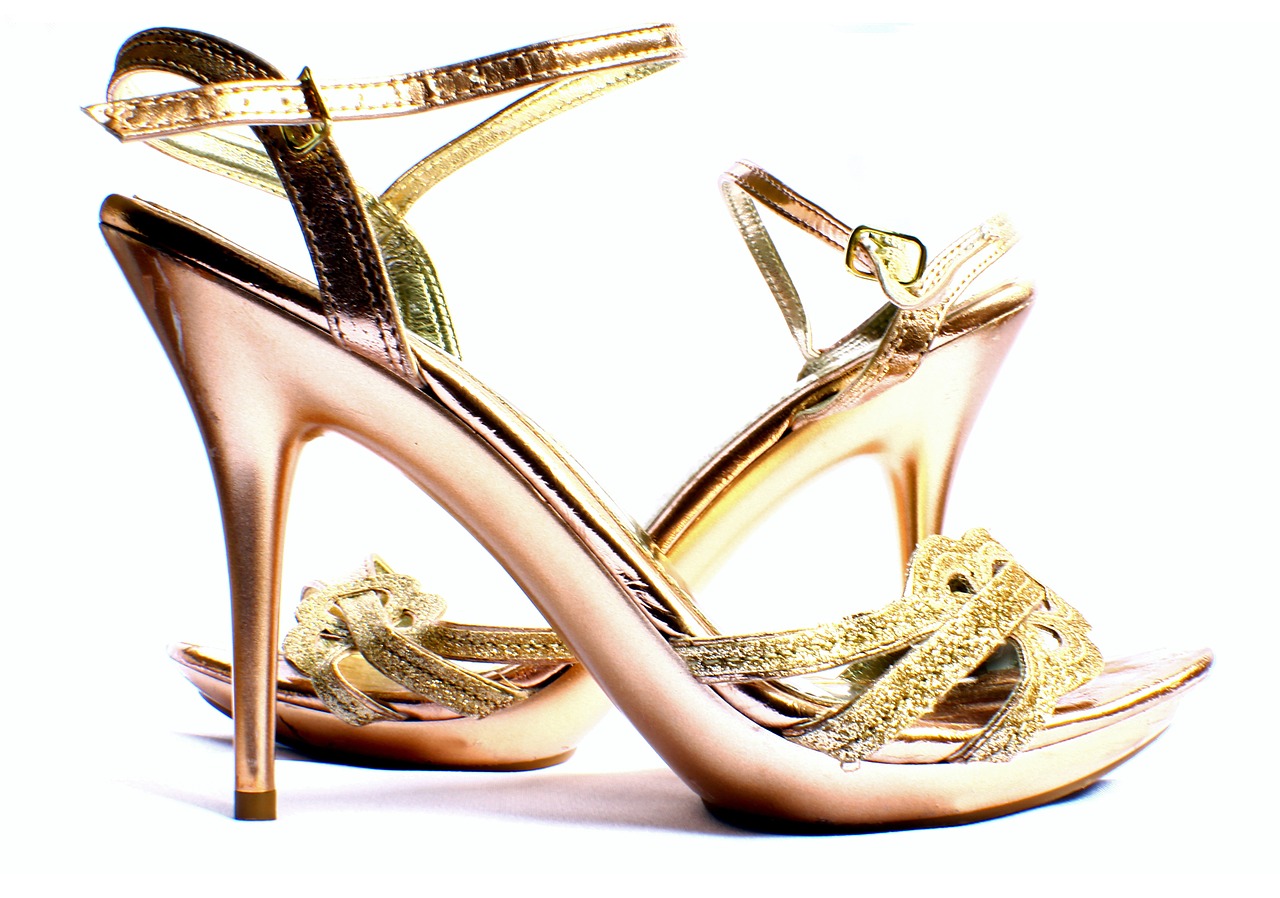Wiltonpark Ltd owns a chain of five ‘gentleman’s clubs’ based in London. The clubs trade under the name ‘Secrets’ and charge a commission on voucher payments to dancers. HMRC argued that these payments should be subject to VAT and the company now faces a VAT bill of more than £500,000
and charge a commission on voucher payments to dancers. HMRC argued that these payments should be subject to VAT and the company now faces a VAT bill of more than £500,000
Customers can pay dancers in cash for tips, dances, or table company, but the dancers aren’t able to accept credit or debit card payments in return for their work if the customer has run out of cash.
Secrets clubs have established what they call ‘Secrets money’ – this enables customers to pay for things without cash. During the evening the customer can use a debit or credit card to purchase vouchers in denominations of £10, £20 or £250 from bar staff or waiters to pay dancers for their services.
At the end of the evening a dancer can redeem the ‘Secrets money’ she has been given and receive the face value less a commission retained by the club of 20% of the face value of the Secrets money.
It was HMRC’s view that the company should charge VAT on these commission payments, they disagreed and brought a case to the First-Tier Tribunal (FTT).
The First-Tier Tribunal held that the commissions were subject to VAT at the standard rate. The decision was also upheld on appeal by the Upper tribunal. The club had to repay VAT totalling more than £500,000.
At the Upper Tribunal, the club argued that the fee charged did not attract VAT as it was holding the money safely on the dancers’ behalf. Secrets claimed that the service supplied by the club in return for the 20% is an exempt supply. It claimed the service was ‘the issue, transfer or receipt of, or any dealing with, money, any security for money or any notes or order for the payment of money’ and should not attract VAT.
HMRC disagreed, arguing that the service comprises a package of ‘performance facilitation services’ provided to the dancer to enable her to exploit the opportunity to supply a wider market including non-cash customers. The judge at the Upper Tribunal agreed, confirming that the 20% cent commission payment charged by the club on redeeming the ‘Secrets money’ is a payment in return for services which go significantly beyond the simple receipt or dealing with security for money for the purposes of Item 1.
The judges at the Court of Appeal found that the Upper Tribunal’s analysis that the provision of the club’s facilities forms part of the consideration for the commission on encashment of the vouchers is a legitimate interpretation of the constituent parts of the services supplied by the appellants in return for the commission, and reflected the economic realities from the perspective of the dancers. They therefore upheld the views of the FTT and Upper Tribunal, meaning the Secrets chain will need to pay the backdated VAT.
VAT is complicated. If you’d like our advice on the application of VAT within your business, whether or not you run a lap-dancing club get in touch. Alternatively take a look here.
